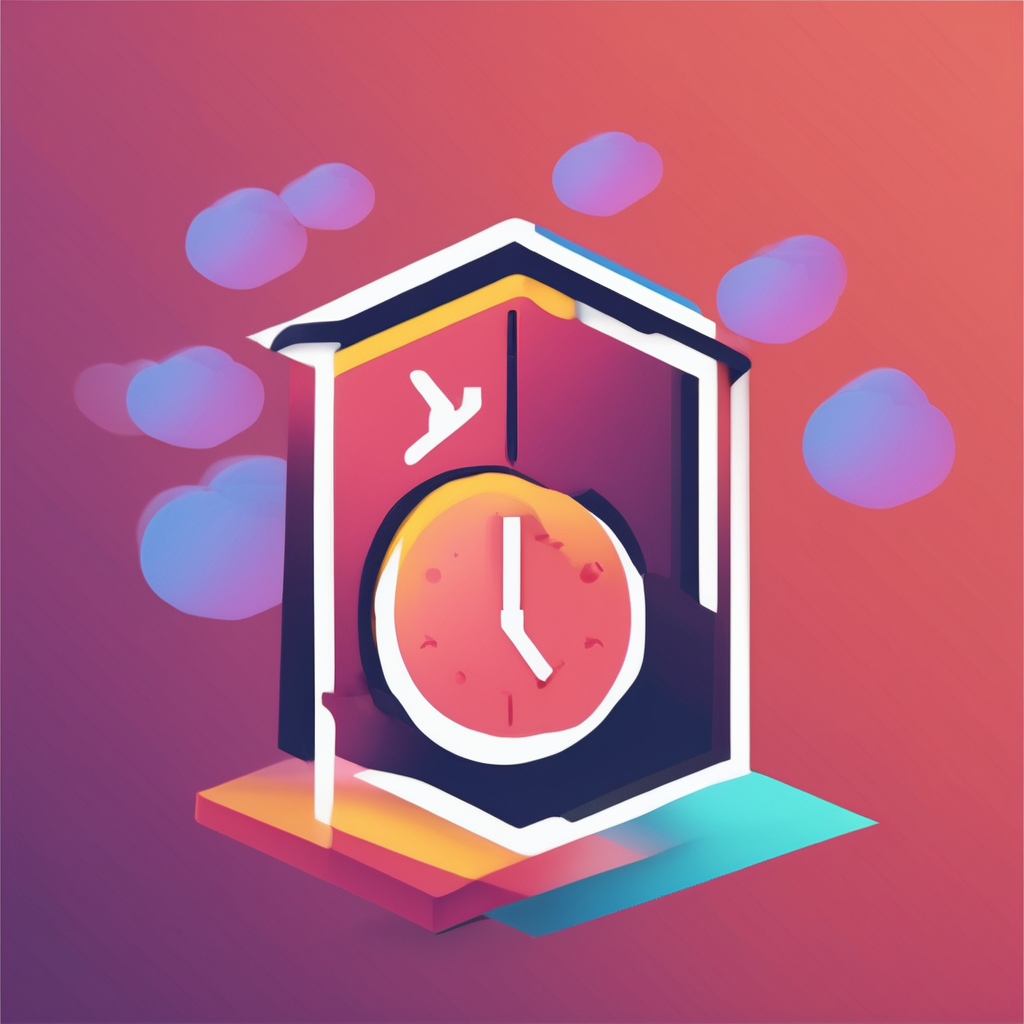Immediate and Ongoing Impacts of AI on Tech Industry Jobs
AI impact on tech jobs is both transformative and complex. Automation in tech is streamlining tasks ranging from code generation to system monitoring, reshaping job functions across the sector. Job displacement primarily affects roles involving repetitive coding, basic tech support, and data entry, where AI systems can perform swiftly and consistently.
Conversely, AI also drives job creation in areas such as AI model development, ethical AI policymaking, and advanced cybersecurity. These new roles require skills in machine learning, data analysis, and cross-disciplinary expertise, emphasizing human oversight and creativity.
In the same genre : What role do UK tech companies play in digital transformation?
Current statistics reveal a dynamic employment landscape: reports show that while job displacement concerns exist—especially for junior programmers and traditional IT maintenance—there is a simultaneous surge in demand for AI specialists and integration experts. This indicates not a net loss but a shift in job nature and required competencies.
Understanding this dual impact helps professionals anticipate change and adapt proactively. Embracing continuous learning and upskilling in AI-related fields remains essential for thriving amid this ongoing tech evolution.
This might interest you : How does the UK plan to enhance its computing infrastructure for future growth?
Evolving Skills and Talent Priorities for a Tech Workforce Powered by AI
Technology’s rapid advance has reshaped the landscape of new tech skills that professionals must master. Within an AI-driven workplace, AI skill demand extends beyond programming. Critical skills now include data literacy, machine learning fundamentals, and the ability to interpret AI outputs effectively. Soft skills such as problem-solving, adaptability, and emotional intelligence have become equally vital, as they enable professionals to collaborate efficiently with AI tools and human colleagues.
Companies are investing heavily in both workforce upskilling and reskilling strategies to keep pace. Many are implementing tailored training programs, leveraging AI-powered learning platforms to personalize development paths for employees. Others encourage cross-functional projects to promote hands-on experience with AI applications, bridging knowledge gaps swiftly.
Moreover, continuous learning has shifted from a supplemental activity to an essential job requirement. Employees are expected to adapt constantly, integrating new technologies and methodologies on the fly. This evolving environment demands a mindset that embraces change, fostering resilience and sustained growth in the workforce equipped for an AI-enhanced future.
Transformations in Software Development and Engineering Workflows
Artificial intelligence is reshaping software development by automating routine coding tasks and enhancing engineering workflows. Integrating AI in software development pipelines streamlines processes such as code generation, testing, and debugging, reducing manual effort and accelerating delivery timelines. Tools powered by AI, like intelligent code completion and error detection, allow developers to focus on higher-level design and problem-solving.
For example, AI-assisted coding platforms analyze existing codebases to suggest optimized solutions, catching potential bugs before runtime. This results in increased productivity and fewer post-release issues. Additionally, automated testing powered by AI identifies edge cases that human testers might overlook, improving software reliability.
These advancements shift team dynamics by altering developer roles. Rather than replacing programmers, AI tools augment their capabilities, requiring developers to adapt to new workflows that emphasize collaboration with intelligent systems. Engineers increasingly take on tasks involving AI model tuning, interpreting AI suggestions, and integrating automated outputs into full-stack solutions.
This evolution presents opportunities to refine engineering workflows, making AI integration a critical factor for firms aiming to remain competitive and agile in software development.
AI’s Influence on Cybersecurity Challenges and Careers
Understanding AI’s dual role in security
AI cybersecurity is transforming the landscape of digital protection, introducing both advanced threats and innovative defense mechanisms. AI-driven threats exploit machine learning models to automate attacks, such as phishing or malware distribution, increasing their speed and complexity. These evolving risks demand new approaches that leverage AI for detection and response, making defensive strategies more proactive and adaptive.
At the same time, AI serves as a powerful tool in tech security roles. Security teams integrate AI-driven analytics to monitor vast network traffic, identify anomalies, and predict attack vectors with unprecedented accuracy. Tools powered by AI can speed up incident detection and reduce false positives, allowing human analysts to focus on complex decision-making tasks.
This duality also influences the skills landscape in cybersecurity careers. Professionals now need expertise in AI algorithms, data science, and ethical hacking to manage AI-enhanced threats effectively. Roles such as AI security engineer, threat intelligence analyst, and automated response strategist are emerging, reflecting the blend of traditional cybersecurity knowledge and AI proficiency. Embracing AI cybersecurity is no longer optional; it’s a core necessity for tech security roles today.
Project Management and Collaboration in the Age of AI
Exploring how artificial intelligence reshapes teamwork and task management
Artificial intelligence revolutionizes AI project management by automating routine tasks like project tracking, scheduling, and reporting. AI tools analyze data in real time to provide updates and forecast project timelines, freeing managers from tedious administrative work. This shift enhances decision-making speed and accuracy, enabling more adaptive responses in fast-paced environments.
Incorporating AI within agile workflows fosters dynamic team collaboration. Intelligent assistants facilitate seamless communication, help prioritize workloads, and identify bottlenecks early. However, challenges arise when balancing AI’s recommendations with human intuition, highlighting the need for managers to interpret AI insights carefully and maintain interpersonal connections.
The role of project managers evolves as AI becomes integral to collaboration. They transition from manual coordinators to strategic overseers, using AI-generated analytics to guide project direction. Developing skills in interpreting AI outputs and nurturing team synergy remains crucial. Ultimately, successful AI project management hinges on blending technological efficiency with human empathy to drive results.
Shaping Workplace Culture and Organisational Structure with AI Integration
Exploring the evolving dynamics in modern work environments
Integrating AI into the workplace transforms more than just tasks—it reshapes AI workplace culture fundamentally. Communication channels evolve as AI tools streamline interactions, enabling faster and more accurate decision-making. Employees and leaders experience a shift in how information flows, often moving towards more data-driven discussions. This shift affects organisational structure, flattening traditional hierarchies and encouraging collaborative networks where insights from AI democratise input.
For organisational change to succeed with AI, fostering an environment of trust and transparency is essential. Clear communication about AI’s role reduces fear and resistance. When teams understand AI systems and see them as partners rather than threats, adoption rates improve and culture strengthens.
Case studies from forward-thinking companies reveal that integrating AI successfully depends on aligning AI initiatives with core values. For example, firms that actively involve employees in AI planning and training create cultures that embrace innovation naturally. These practices highlight how the future of work is collaborative, adaptive, and increasingly AI-empowered, making organisational culture a critical factor in harnessing AI’s full potential.
## Expert Forecasts and Data-Driven Insights on the Future of Tech Work
Industry leaders and researchers widely agree that the future of work in tech will be deeply shaped by artificial intelligence. According to recent AI job trends, automation will augment human roles rather than simply replace them, fostering new hybrid careers requiring both technical expertise and creativity. Data-driven forecasts indicate a significant rise in demand for AI specialists, data scientists, and cybersecurity professionals over the next decade.
Analyses of current market data reveal practical scenarios where AI supports routine coding, debugging, and testing, freeing developers to focus on innovation and complex problem-solving. For example, AI-powered tools are already helping software engineers increase productivity by automating repetitive tasks, and this will become more sophisticated.
Industry experts emphasize that continuous learning and adapting to AI’s evolution will be key for tech workers to thrive. Companies investing in employee reskilling programs demonstrate higher agility amid these changes, confirming data-backed insights about workforce transformation. The ongoing convergence of AI and tech jobs defines a future that rewards versatility, strategic thinking, and collaboration between humans and intelligent systems.





